
Violent Turn of Nationwide Protests Prompts Police Red Alert – IGP
Violent Turn of Nationwide Protests Prompts Police Red Alert – IGP
THE INSPECTOR-General of Police, Kayode Egbetokun, announced that all police units across Nigeria are on red alert following the violent turn of the planned nationwide protests.
The protests, which started as peaceful demonstrations against economic hardship, quickly escalated into chaos, looting, and destruction of property.
On Thursday evening, Egbetokun briefed the press about the first day’s unrest.
He revealed that the violence had replaced the initially peaceful protests, leading to significant damage to public and private infrastructure.
Wearing a red armband, Egbetokun stated that the police would no longer leave anything to chance.
He advised protesters to halt the demonstrations immediately and allow peace to prevail.
He expressed disappointment that his warnings about mischief makers infiltrating the protests had come true, especially in northern states like Borno, Yobe, Bauchi, Kano, Kaduna, Gombe, and the Federal Capital Territory, Abuja.
Deji Adeyanju, one of the protest conveners in Abuja, insisted that the protests would continue until their demands were met. He blamed the police for the outbreak of violence.
Egbetokun reported that a policeman was murdered while on duty during the protests, and several others were injured by hoodlums disguised as protesters.
He also noted that some police stations were burned down by rioters.
The IGP lamented that the events in major cities on Thursday were more about mass uprising and looting than genuine protests.
He criticized the protest leaders for not being present to lead the rallies, which allowed hoodlums to take over.
Police stations and government buildings in places like FCT, Kaduna, Kano, and Gombe faced attacks and destruction.
Public and private warehouses were looted extensively.
Egbetokun mentioned that there had been unprovoked attacks on security personnel, resulting in one officer’s death and serious injuries to others.
The nationwide protests, fueled by economic hardship, began on August 1, 2024, and are scheduled to continue until August 10 across all states and the capital, Abuja.
The rising prices of food and basic commodities, coupled with high inflation rates, have worsened the economic crisis in Nigeria.
Despite warnings from the police, military, and Department of State Services, the protests have continued. Politicians have urged the youth to halt the rallies, fearing a repeat of the EndSARS demonstrations of October 2020.
The situation remains tense as security forces remain on high alert.
Curfews have been imposed in Kano, Borno, Yobe, and Nasarawa states.
Calls for peace and dialogue are growing as the nation struggles with the aftermath of the unrest.
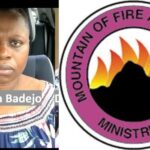

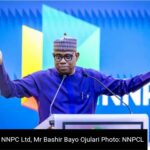

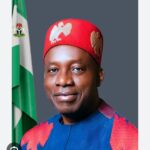
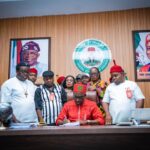

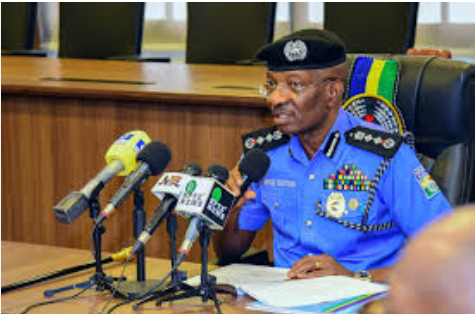


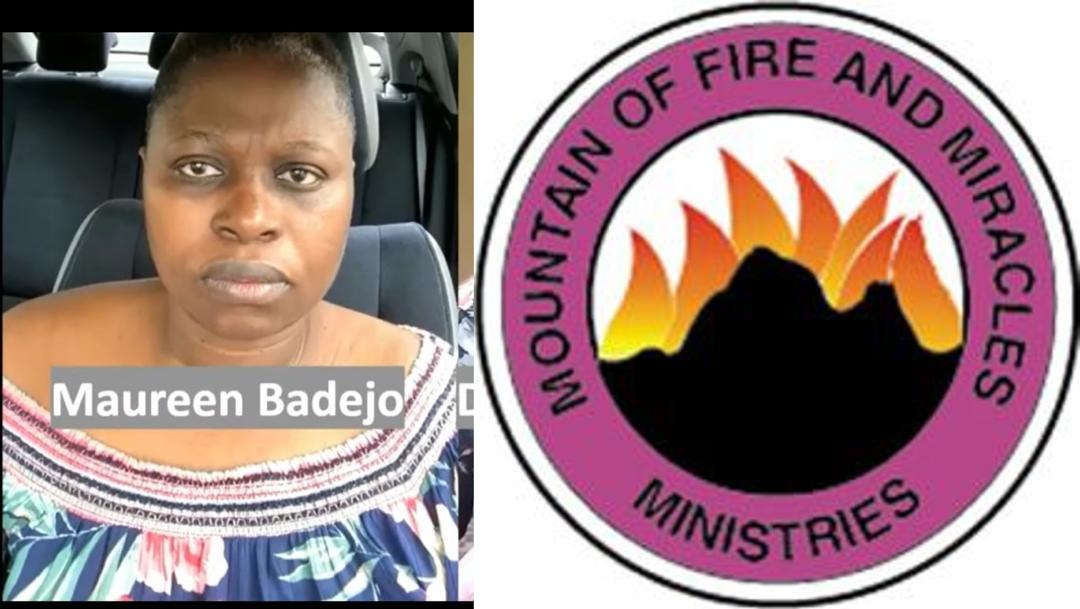



Post Comment